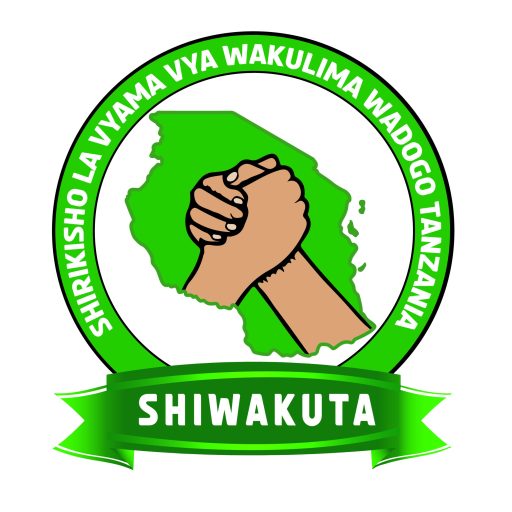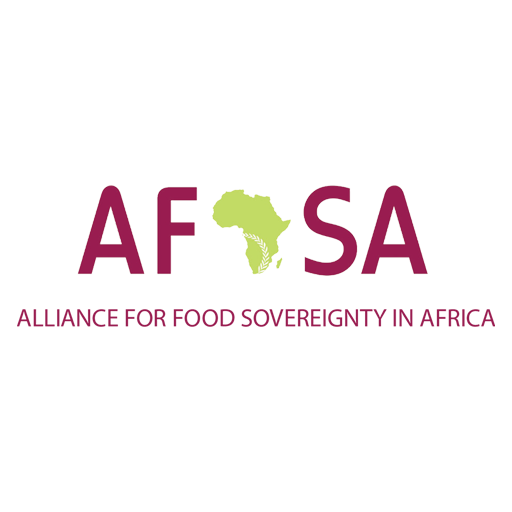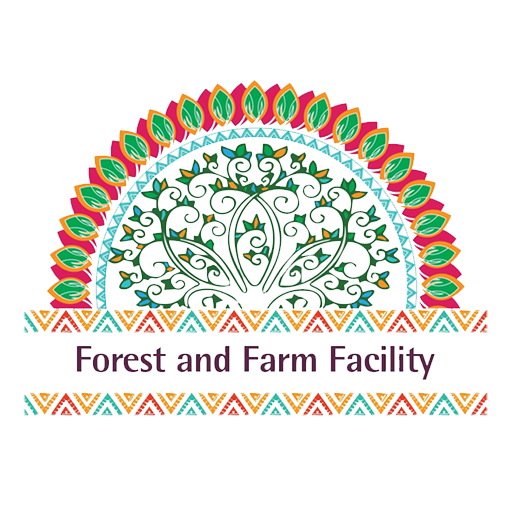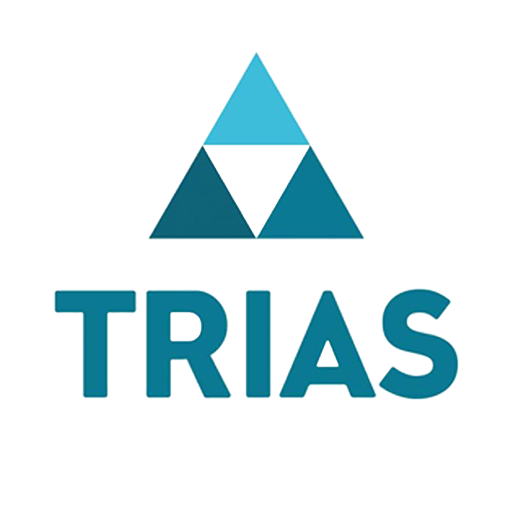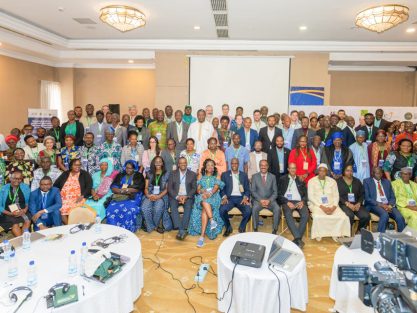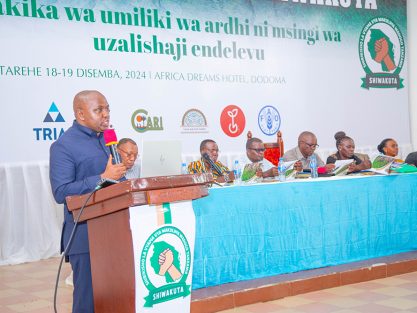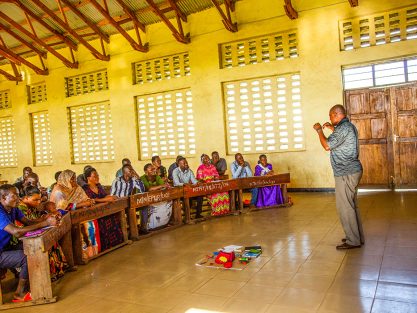Empowering Tanzania’s Smallholder Farmers for a Sustainable Future
SHIWAKUTA brings together smallholder farmers, livestock keepers, and fisherfolk across Tanzania—strengthening their associations, building capacity, and amplifying their voice in agricultural development.
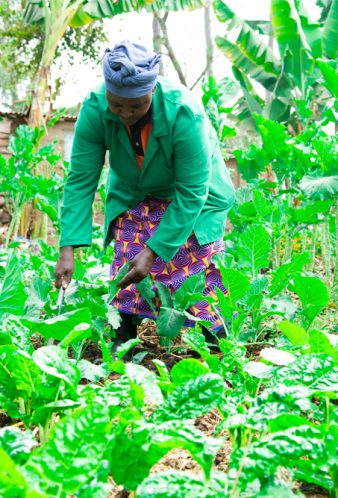
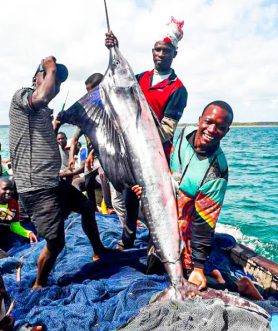
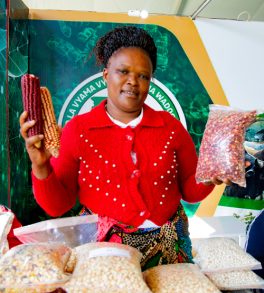
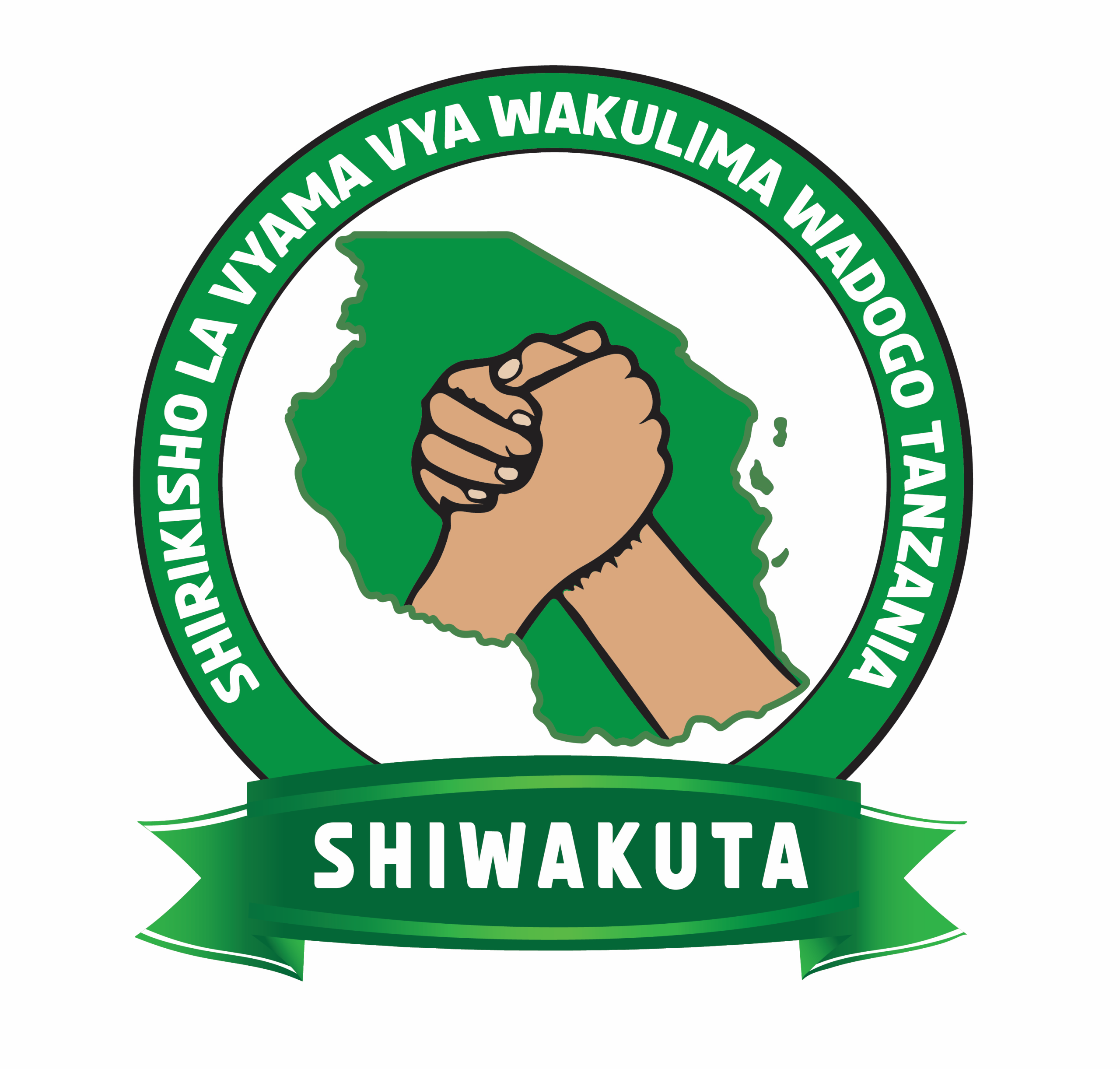
Shirikisho la Vyama vya Wakulima Wadogo Tanzania
SHIWAKUTA is a non-political, non-profit and members-based organization for all Smallholder farmers in Tanzania. SHIWAKUTA was lawfully registered under the society ordinance Act with Registration number S.A 22435 of the 17th June, 2021. SHIWAKUTA interim headquarters is in Arusha city, hosted by MVIWAARUSHA. The efforts for establishment were started since February 2019 to fill the gap that was there for long. SHIWAKUTA was formed with the aim to enhance productivity as well as to advance and provide space for smallholder farmers in Tanzania to engage in policy dialogues and inclusive decisions making of issues of their concern at local, sub-national, regional, continental and global levels
Our Strategic Focus Areas
Partnership Development
- Establish strategic collaborations with government agencies, NGOs, and private sector partners to advance agroecology and sustainable smallholder agribusiness.
- Negotiate market linkages and contract farming arrangements to connect farmers with reliable buyers and value chains.
- Initiate joint project proposals and consortiums with development partners to scale up agroecology, value addition, and climate-resilient agricultural enterprises.
Training & Knowledge Sharing
- Conduct training workshops on agri-preneurs, post-harvest management, cooperative governance, and financial literacy for smallholder farmers.
- Facilitate farmer-to-farmer exchange visits and learning tours to enhance experiential learning and peer-to-peer knowledge sharing.
- Develop and distribute knowledge products such as manuals, newsletters, case studies, and success stories via SHIWAKUTA social media, and website in both English and Kiswahili.
Advocacy & Networking
- Facilitate policy dialogue sessions with government ministries to influence the inclusion of smallholder farmers’ priorities in national agricultural strategies.
- Actively participate in regional and international platforms such as the World Rural Forum to amplify the voices of Tanzanian family farmers.
- Coordinate campaigns to raise awareness on land rights, market access, climate resilience, and farmer-friendly policies.
- Build alliances with national farmer networks and civil society organizations to strengthen joint advocacy and collective bargaining power.
Institutional Capacity Building
- Conduct comprehensive organizational development training for SHIWAKUTA member associations to enhance governance, financial management, and strategic planning.
- Establish a digital database and information management system to improve member profiling and reporting efficiency.
- Develop internal policies, manuals, and operational guidelines to strengthen transparency, accountability, and compliance with national regulations.
- Organize periodic leadership coaching and mentorship sessions for board members and staff to improve coordination and decision-making.
- Design and implemented resource mobilization strategies, including proposal writing and fundraising initiatives, to secure financial and technical support for SHIWAKUTA and its member organizations.
Agroecology & Innovation
- Promote farmer-led innovation through testing and adapting low-cost technologies for productivity improvement and environmental conservation.
- Support community-based seed banks and local seed multiplication initiatives to enhance biodiversity and seed sovereignty and
- Facilitate participatory research with academic institutions to document and scale best agroecological and innovative farming practices.
SHIWAKUTA area of Operation
SHIWAKUTA undertakes its core activities based on themes relevant to the Tanzanian context. To strengthen advocacy efforts and achieve meaningful results in promoting agriculture and improving the livelihoods of smallholder farmers, SHIWAKUTA collaborates with like-minded organizations through national, regional, and international networks, alliances, and forums.
Currently, SHIWAKUTA members are located across various regions of mainland Tanzania, including Kagera, Mtwara, Songwe, Morogoro, Dodoma, Dar es Salaam, Tanga, Kilimanjaro, Arusha, Tabora, Ruvuma, Kigoma, and Manyara.
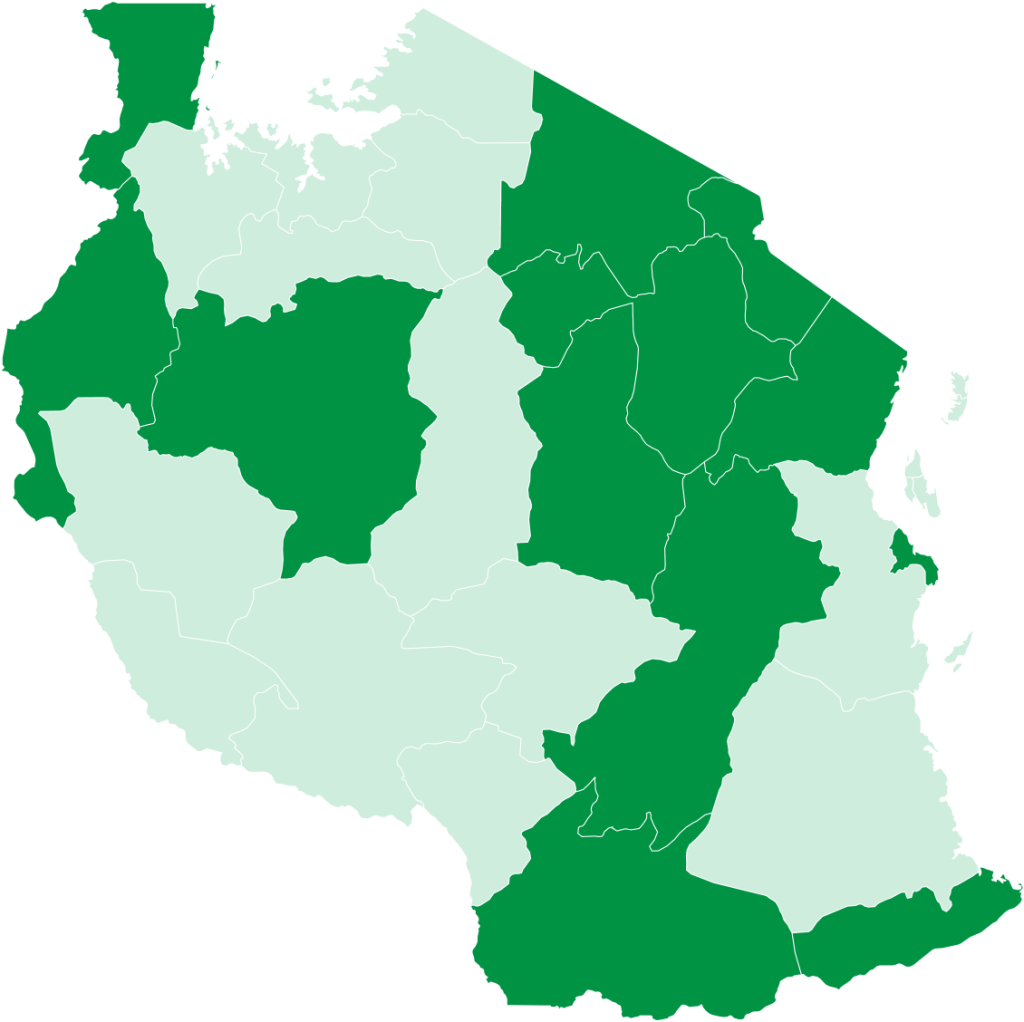
Member
SHIWAKUTA has two types of members which are: Ordinary members consist of two types: Founder members and members joining after the foundation, while honorary members are recommended by the executive Committee of the federation and approved by the Annual General Meeting due to their importance in the Federation’s development, currently SHIWAKUTA has 32 members with 230000 individual farmers across Tanzania since October 2025
